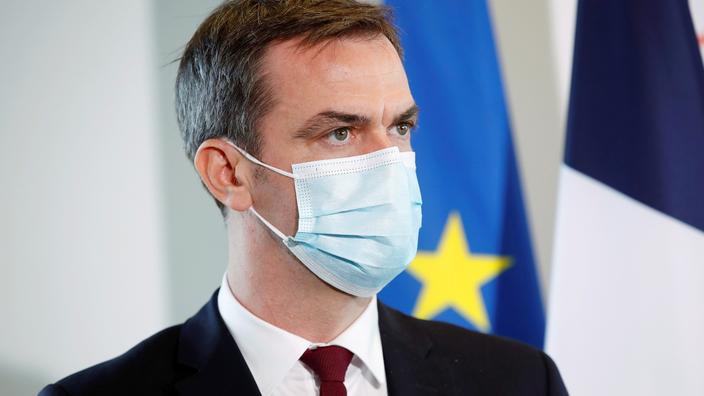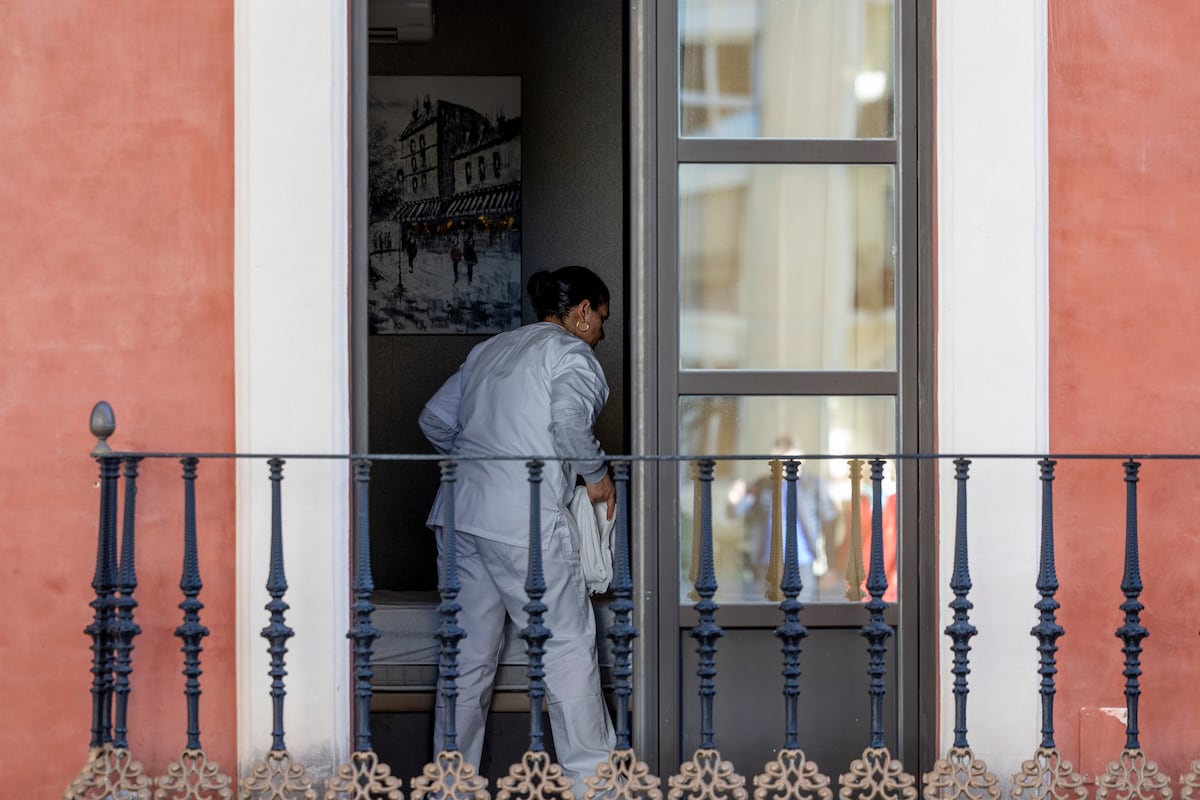First observation: on reading the social security financing law for 2022, the last of the five-year term, the great systemic pension reform has disappeared.
While the establishment of the universal pension system was a great ambition of the five-year term, the objective of merging everything into a large whole in which we would mix the deficits of some with the reserves of others, while keeping more generous pensions for the public officials fortunately fizzled out.
On the other side of the coin, there will have been no parametric pension reform during this five-year term, no postponement of the age.
And this while all the previous mandates have done the job (2003, 2010, 2013).
Read also Macron, first president since Mitterrand in 1981 not to reform pensions during his term of office
Results ?
The balance of the old age branch is still in deficit in 2022 (-4.9 billion euros for the general scheme) and will remain so in the coming years.
All the more so as the deficit of the National Pension Fund for Local Government Employees (CNRACL) is growing year by year.
Switching to URSSAF
That said, the government seems to be quietly continuing its objective of the big bang of pensions by gradually shifting to the URSSAF all the collections of social security contributions currently operated by other structures. And in particular the contributions for supplementary pensions. In 2023, the contributions AGIRC-ARRCO, the CNRACL (local public service), the IRCANTEC (public contractors), the ERAFP (supplementary pension contribution in capitalization of public officials on their bonuses), the Interprofessional pension and retirement insurance fund for liberal professions (CIPAV). This may seem virtuous in terms of collection costs, but the unification of the collection operator can also foreshadow a forceful passage of the systemic reform.
Read alsoUnemployment insurance: the 2018 reform is no longer suitable
Still systemic, the Social Security financing bill also presents a measure that automates the allocation of free complementary health to beneficiaries of the RSA (former complementary CMU). For those who do not say the opposite, this additional health coverage will be managed by the CPAM. An almost equivalent simplification would be implemented for beneficiaries of the minimum old age. The official objective of this measure is to fight against non-recourse: in 2018, the rate of recourse to CMU-c was in a range going from 56% to 68%. However, we note that this does indeed resemble the dream cherished by the Ministry of Health and the CNAM to eliminate complementary health insurance and to have all health insurance for the French managed, without competition,by the CPAMs… At the antipodes of systems that work well with competition from health insurance funds at the first euro.
To read also "Grumpy", "passive", "rebellious": the employees of the Ain CPAM denounce a file
Clearly, the government has not really given up on its systemic technocratic reforms and its desire to remove everything that is complementary to basic social security, whether in terms of pensions or health.
After the great universal retirement system which made no savings, it seems on the verge of inventing the great Social Security without saying it.
Unless this is a major focus of the 2022 campaign ... In the meantime, it would be good to inform the French of these major changes to their social protection system which they have never been told about.
The Macronometer, observatory of government reforms, is a site of the iFRAP Foundation in partnership with
Le Figaro
.
This is a tool dedicated to the evaluation of Emmanuel Macron's five-year term: econometric evaluation in relation to his electoral program and the announcements of his government.
With Le Macronomètre, the government's action is rated out of 10 every Wednesday during the Council of Ministers and becomes readable at a glance.
The Macronometer allows everyone to form an opinion on whether or not the President of the Republic's promises are kept and on the effectiveness of the government's reforms.







